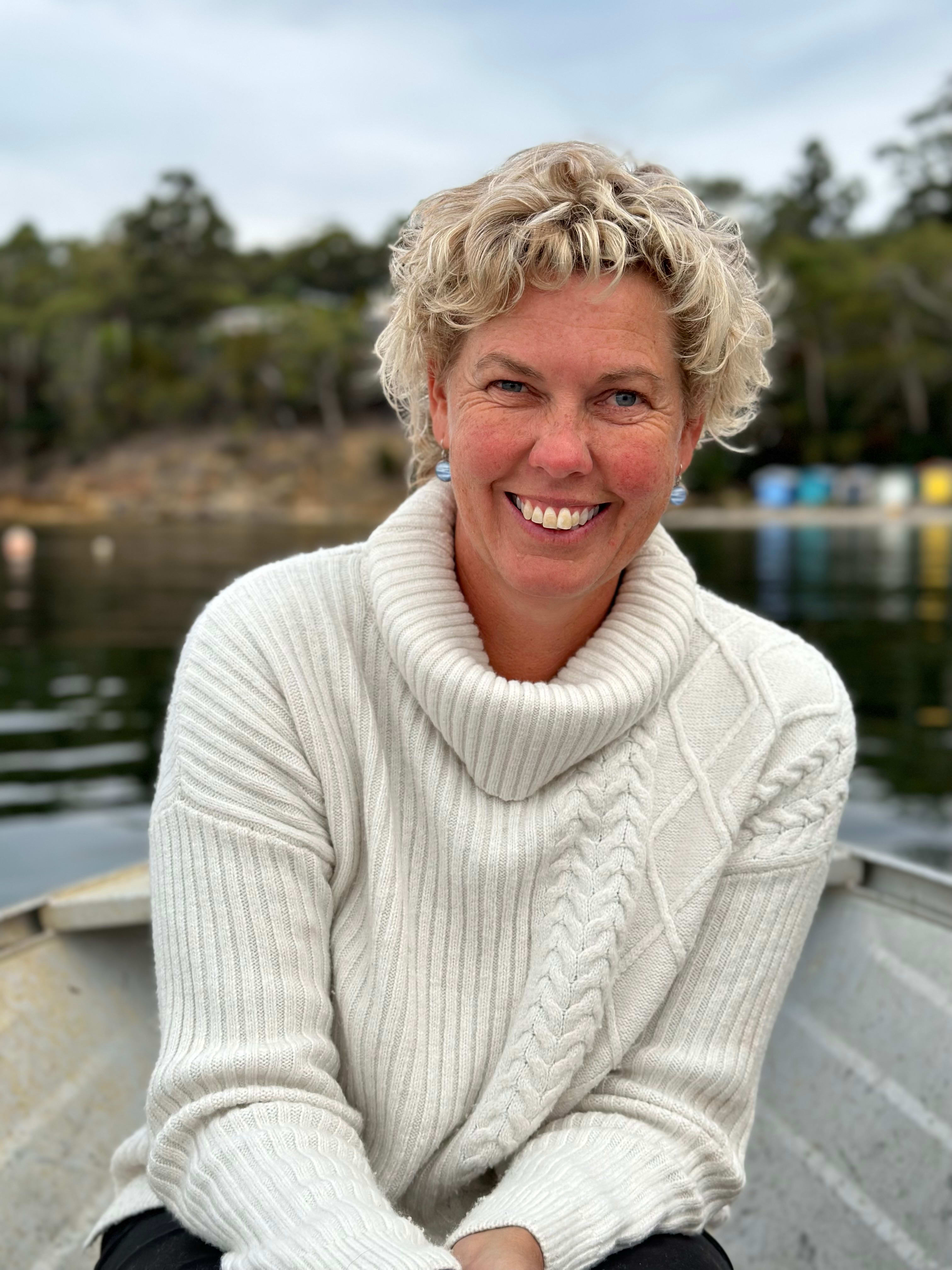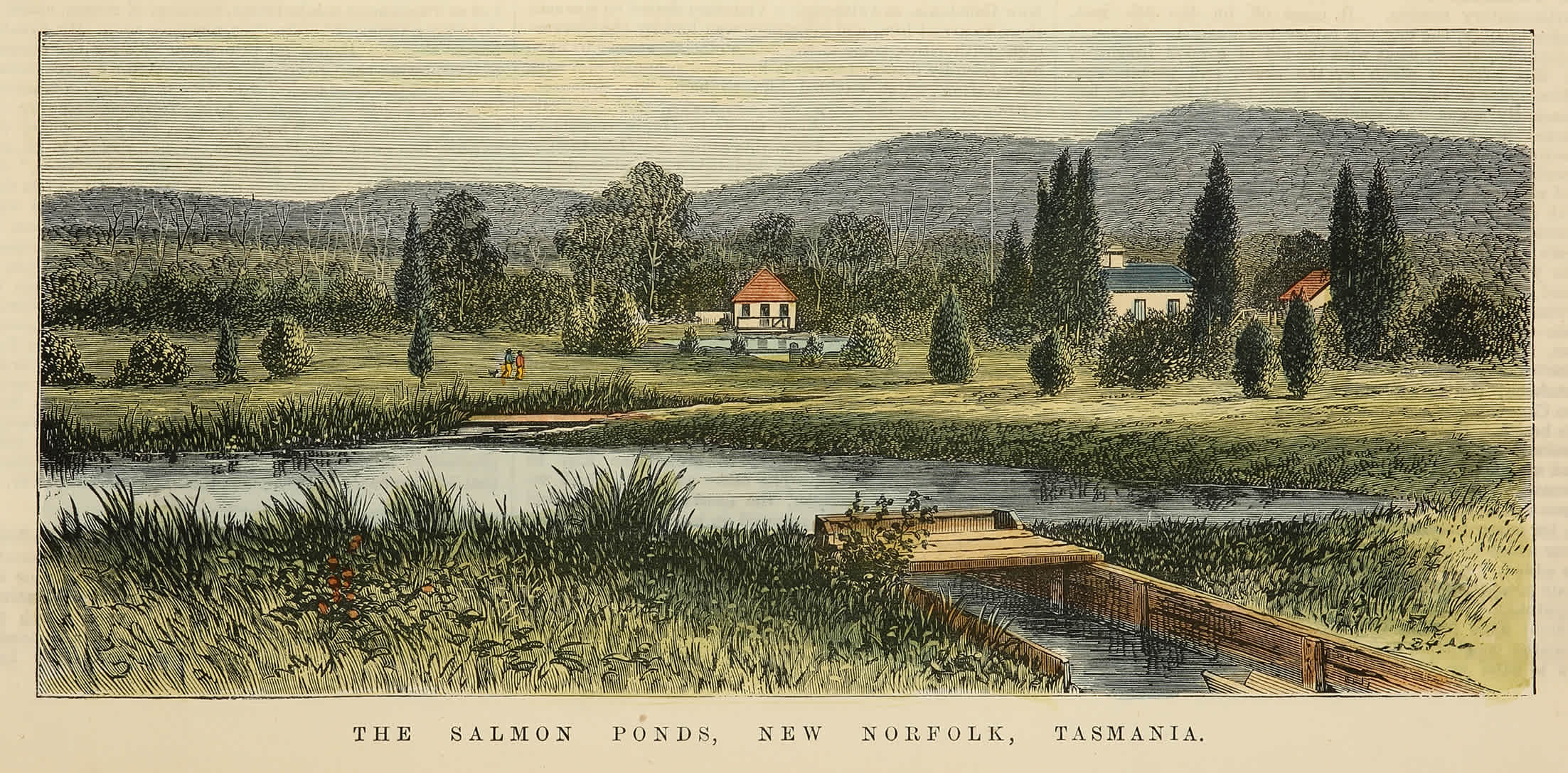Stories that call us home
It borders on a pandemic all of its own. My colleague Melissa will throw a piece of creative writing aside and declare it, “Yet more ‘Bang bang, you’re dead, Nowheresville, America’,” as we face a constant tide of student work that insists that it is only elsewhere that narratives take place. Stories, you see, don’t happen here. Sometimes they happen in the UK, in France or – in more exotic attempts – perhaps Greece or Egypt.
Mostly, however, they happen in New York, land of take-away coffee, board rooms on the 13th floor, baseball and semi-automatics. There is a simple and inescapable reason for all of this, of course: we cook from the same palette we eat with. If we cannot imagine stories on the island that we call home, it is because we do not really see them as happening here. The tide of storytelling in our population that arises from streaming services like Netflix and Disney+ (whose Australian productions often serve only to more sharply demonstrate how US-centric their content is overall) creates a disconnect between what we know to be true (that our lives and the lives of others around us are complex, beautiful, filled with meaning, and inherently fall in our own minds into the patterns of story) and what we choose to believe: that really stories happen somewhere else – and as a result, belong to someone else.
For most of us, America might as well be another planet. I have never been there, and so to write about it has a dangerous precedent for cliché right from the outset. The old adage of “write what you know” has often lacked imagination in its prescriptiveness of personal experience as the soul of narrative (and there are many writers of the speculative or historical who create astonishingly “real” pieces of writing without having the possibility of visiting anything like the worlds they have created), but there is nevertheless real value in writing what we have experienced with our own eyes, ears, noses, mouths, hands and hearts, linking the words on the page to the tactile and emotional experiences of the reality we live in. Most writers are not really as good at making things up as they like to pretend, and writing fiction is the ultimate act of expressing the world through analogy. Try describing a colour you have not seen, a feeling you have not felt, or a food you have not tasted. It is like trying to give directions with the lights out.
This year I had the pleasure of reading and re-reading Adam Thompson’s Born Into This, Ben Walter’s What Fear Was and Mallika Naguran’s She Never Looks Quite Back, short story collections that, to greater and lesser extents, reflect key elements of the Tasmanian experience. We cannot underestimate the power of the jolt of recognition we feel when we see a world that we recognise in writing.
My dear friend Georgie Todman and I recently became co-presidents of the Tamar Valley Writers Festival, and if being part of this event has taught me anything, it is that local voices deserve celebrating. The cries for diversity in writing and publishing have not occurred by accident or coincidence. There is a potent power in recognising aspects of ourselves mirrored in the fiction we read. The recent announcement of the 2022 Tasmanian Literary Awards are a reminder that we live in a golden age of writing on this island, and there is a power in seeing our home expressed through words. As CS Lewis once put it, so perfectly and simply, “We read to know that we are not alone.”
. . .
Writing our island into a new future is an exciting opportunity. I will never forget the day I heard that Richard Flanagan had won the Booker Prize for his novel The Narrow Road to the Deep North. Certainly the text is a global story, but its core is deeply local, and I found myself bewitched by the suggestion that not only will the people of lutruwita clamour for a story that takes place here, but that the world will be right behind them. I once heard a television executive describe their desire for Tasmanian content as looking for the “super niche”, which she explained was an idea that is so particular to a precise experience and place that it somehow becomes universal as a result. We crave specificity in our lives and we see reflections of ourselves in the most distorted mirrors. Ironically, and fittingly, perhaps, the problem of Nowheresville America arose because even in stories from the other side of the world we find echoes of ourselves.
The great joy of the fact that the history of literature has by and large happened “elsewhere” is that there are so many stories still to be told at home. To innovate in a Tasmanian context can often be as simple as looking at the narratives, characters and structures that have worked so well in other places, and asking the what if of transposing them here instead.
To write Tasmania is to make a promise: we promise ourselves that we see each other, that we recognise the complexity and significance of emotion and event, and that our lives, when expressed thoughtfully, have meaning. To write about the place that we know and live in is a sophisticated way of scrawling on the wall: I was here. It is a gift back to the land that nourished us into life. It is a hand, reaching out through the darkness to the lost, alone and afraid.
We share, in reality and in our hearts, the best place on earth. We owe it to ourselves and each other to tell stories that call us home.








